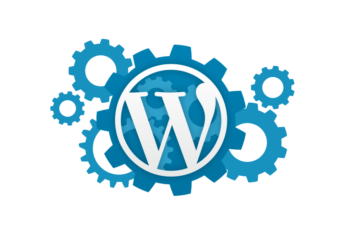
Switch to Gutenberg block editor
In 2018, WordPress released the Gutenberg block editor, which allows provides predefined blocks to allow users to build custom page layouts and content without any coding knowledge. What is Gutenberg? WordPress…

In 2018, WordPress released the Gutenberg block editor, which allows provides predefined blocks to allow users to build custom page layouts and content without any coding knowledge. What is Gutenberg? WordPress…

Hello world! I’m Teodora, and just last week, I hopped on board the Digital Communications team as a front-end web developer.
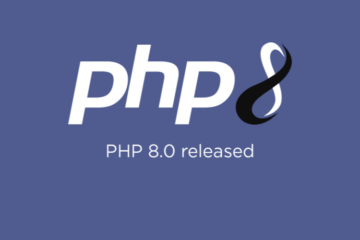
PHP is used on the University website to provide dynamic web content, sometimes to bring content from an external database or from an external feed such as news or events. Each release of PHP is fully supported for two…
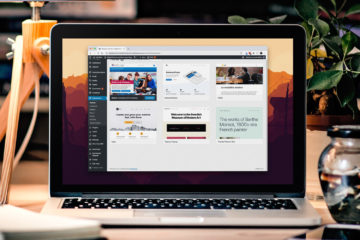
With the UK Government accessibility requirements affecting the University from September 2020, the Digital Communications team are making sure that all areas of the University website are accessible. This includes our…
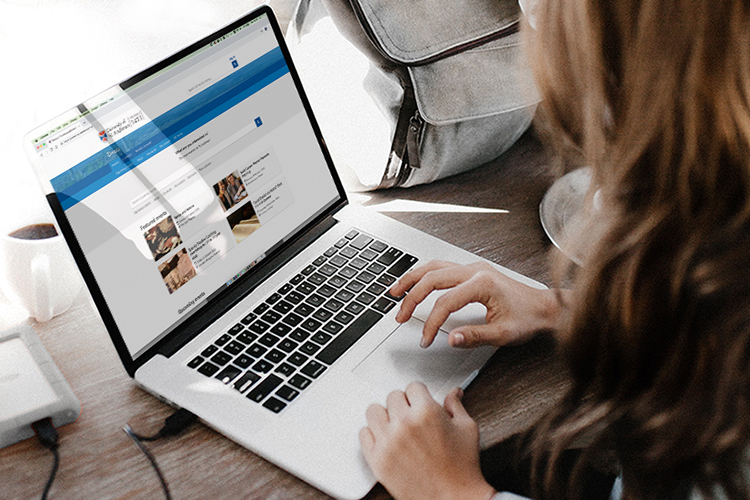
On Thursday 27 September 2018, the digital communications team launched the new events website in our updated style to assure future accessibility for users. This post looks at some of the changes we’ve made.

The new website for news and media was launched on 7 June 2018. The new website provides a number of enhancements over the old site. For example: news can be categorised and tagged so it’s easier to find news can be…
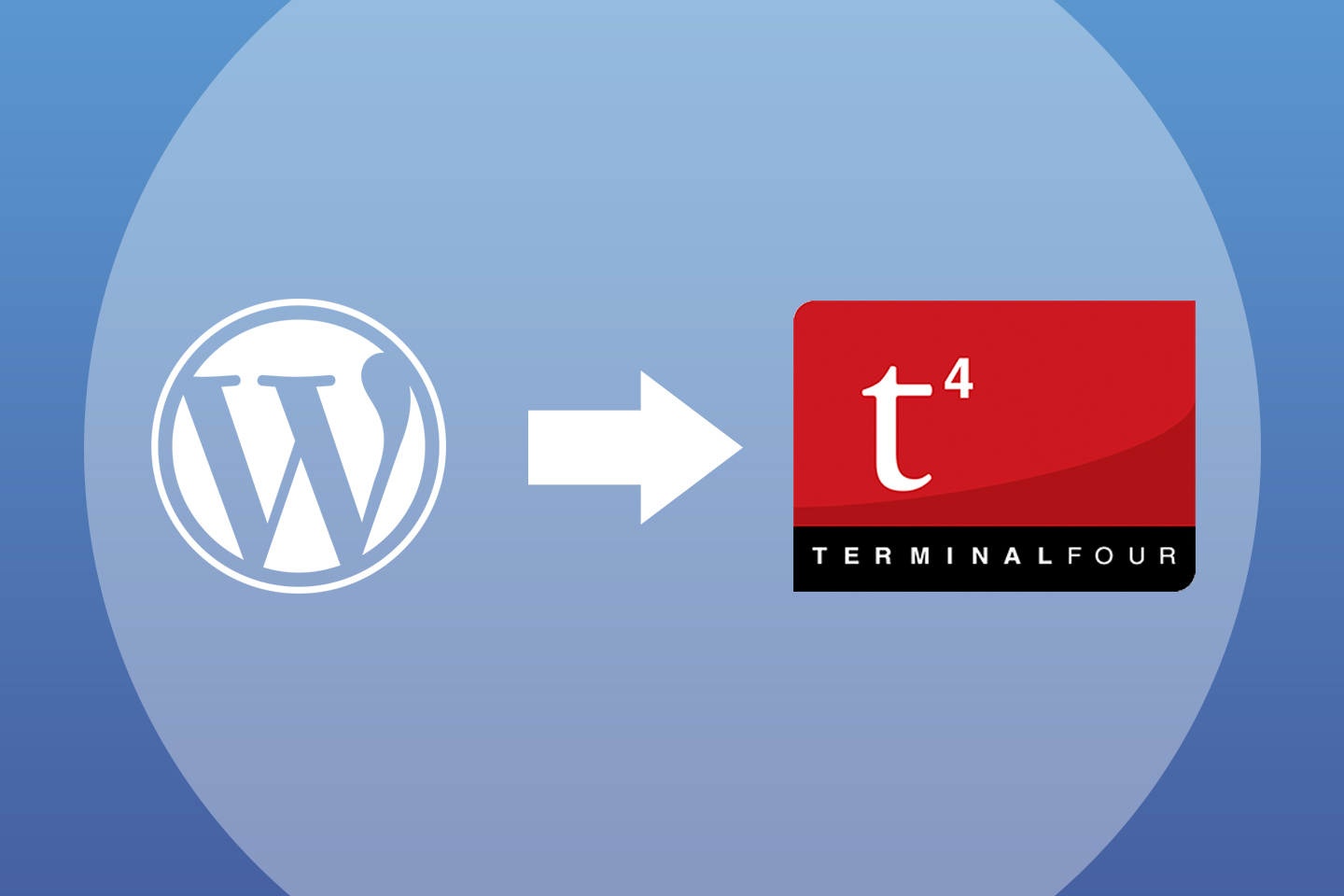
The following article is intended to provide a technical overview for an administrator of T4 with access to their community extranet site. One of the current team objectives is to amalgamate a number of research…
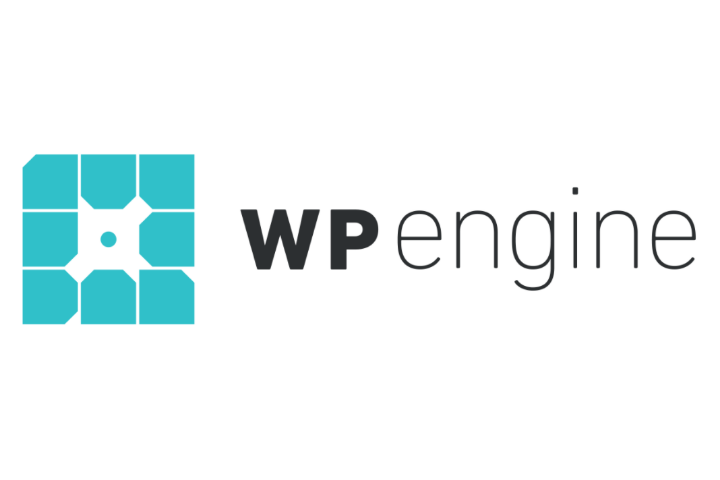
On 22 March 2018 we migrated the University WordPress multisite installation from St Andrews to WP Engine. One month on, what has our experience been of WP Engine and what lessons have we learnt from the migration…

The University hosts a multisite WordPress installation (wp.st-andrews.ac.uk) that provides websites and blogs for over 200 research groups and other University organisations. WordPress enables University staff and…
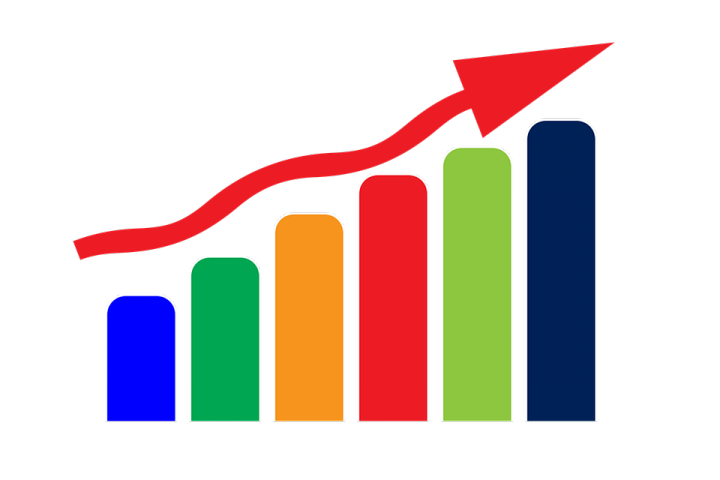
The digicomms blog – what you’re reading right now – has been active since 2013. Since then, the team has published over 250 articles which have amassed around 14,000 views. Recently I compiled a short report detailing…